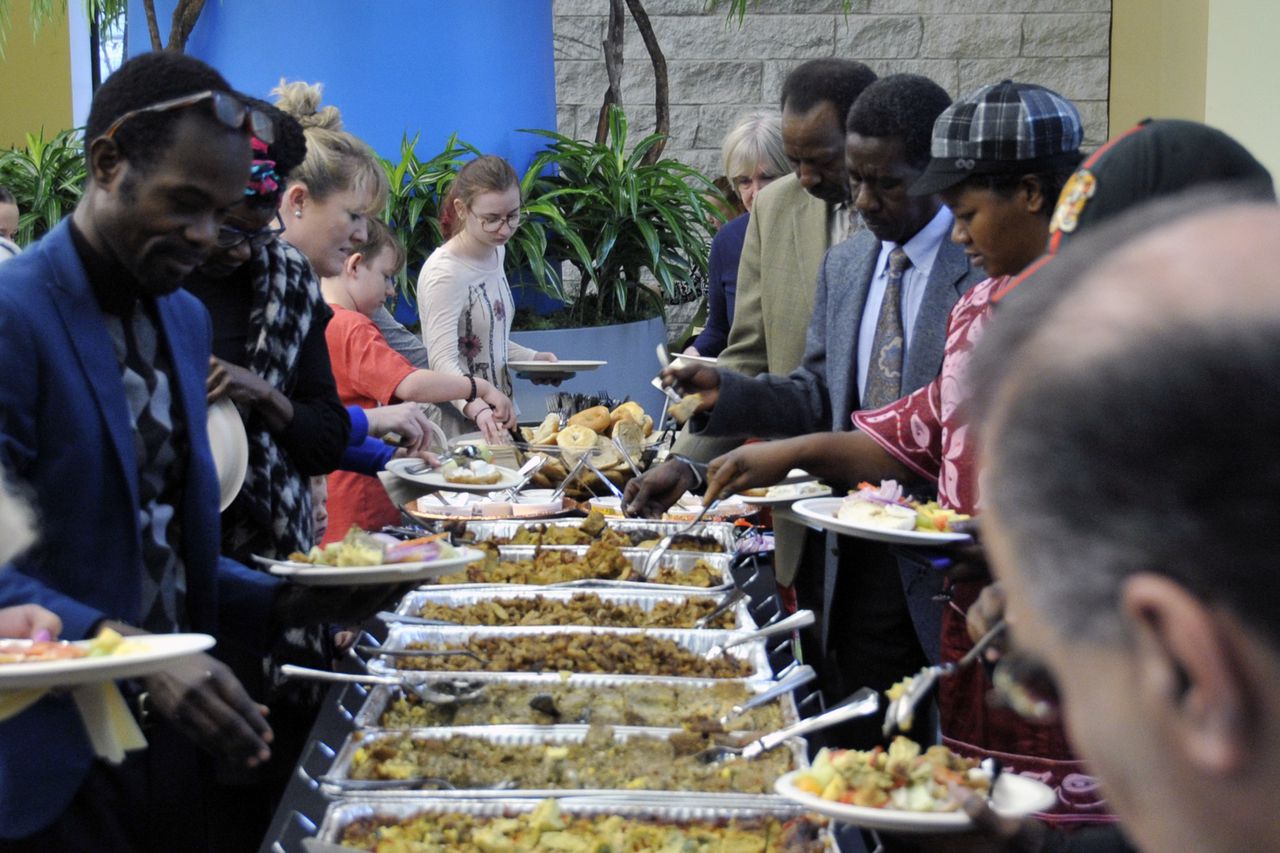CLEVELAND, Ohio — In 24 sister cities across the world, Cleveland has worked to find common ground, bridge networks and learn from others.
The city will take another step toward creating meaningful global connections Tuesday through Friday as Global Cleveland hosts its 2nd annual Sister Cities Conference. The virtual platform Hopin will be used to bring in representatives from 32 cities aiming to forge ties with each other.
The virtual conference is free, with students, community members, business leaders and civic leaders welcome. Anyone can register here.
Created in 1956 by President Dwight Eisenhower, Sister Cities International has strived to create connections with cities around the world, whether it be economically, educationally or institutionally. After the horrors of the Holocaust and World War II Eisenhower wanted to bring cities together so they could learn about each other.
The Sister Cities program has 1,800 cities in 138 countries.
Though Global Cleveland’s conference is virtual this year, the organization wants cities to discuss their successes and struggles.
“There’s stuff where we’re going to be able to share a lot of good information, and then there’s places where we’re going to learn a lot from them,” said Joe Cimperman, president of Global Cleveland. “So the idea is how do we kind of short-circuit the distance and use this year via virtual reality to kind of have a conference where next year, if it’s in person, we can really expand the connection between all of our different cities across the globe.”

Attendees pictured at the 2019 Sister Cities Conference, which had seven countries bring representatives in person and five attend via video conference. The 2020 conference will be virtual on platform called Hopin. (Global Cleveland)
The conference’s first day will welcome attendees with speakers, including Cleveland Public Library Director Felton Thomas and City Council President Kevin Kelley.
The next three days will have different themes. On Sept. 30, the focus will be on municipal and civic leadership.
A highlight will be a mayoral panel, where mayors from Slovenia, Israel, Nigeria, Italy, Lithuania and France will talk with one another and share successes.
Another important panel that day will be focused on COVID-19. Doctors from Italy, Taiwan and the Democratic Republic of the Congo will be on the panel, along with Dr. Steve Gordon of Cleveland Clinic. Brian Kimball, the interim director of the City of Cleveland Department of Public Health, will moderate.
Last year delegates from Bahir-Dar, Ethiopia, received some practical medical knowledge. Bahir-Dar was one of seven cities that came in person, and the city was having some issues with its medical transport system, said Global Cleveland program manager Elizabeth Cusma. The Bahir-Dar delegates learned from Cleveland EMS and took the new knowledge back home.
“That’s the tangible benefits of a sister city that maybe you can’t monetize specifically, but that really makes a difference,” Cusma said.
Education will be the theme Oct. 1, and institutions will discuss global studies and partner programs on a university panel. Cusma said an eventual goal is to have an international library card so if someone has a CPL library card, it can be used in different sister libraries.
The final day will focus on business and economic development, with “At the Heart of the City.” Downtown Cleveland Alliance President Joe Marinucci and Janja Romih Kulenovic, the head of sales promotion department in Ljubljana, Slovenia, will discuss why a city’s downtown is important for its overall stability and well-being.
Cusma said the long-term goal is to make the Sister Cities Conference “the most international week in Cleveland.”
“It is a no cost event because we really do want students and CEOs to come,” Cusma said. “That’s the only way for great ideas to be born is putting a lot of different people in one place together with a common purpose. And sister cities’ purpose really is that tri-pillar of education, civic and municipal issues and business, and we need all three for our best ideas to come to fruition.”

